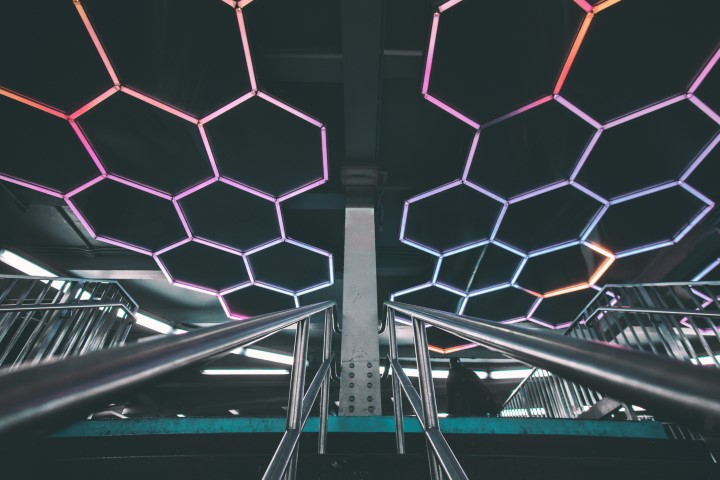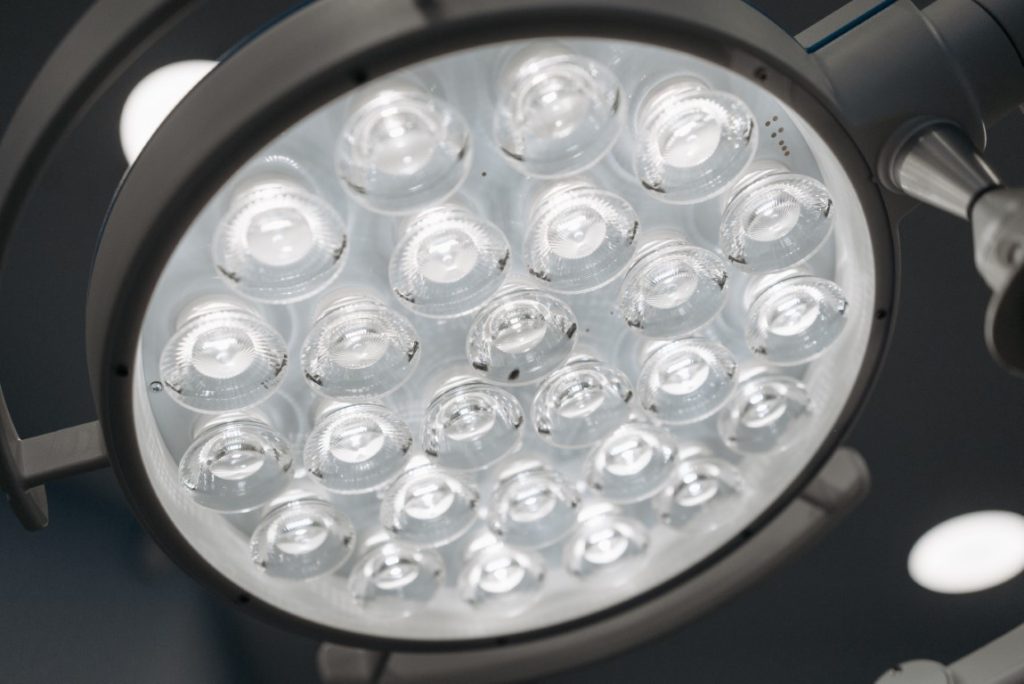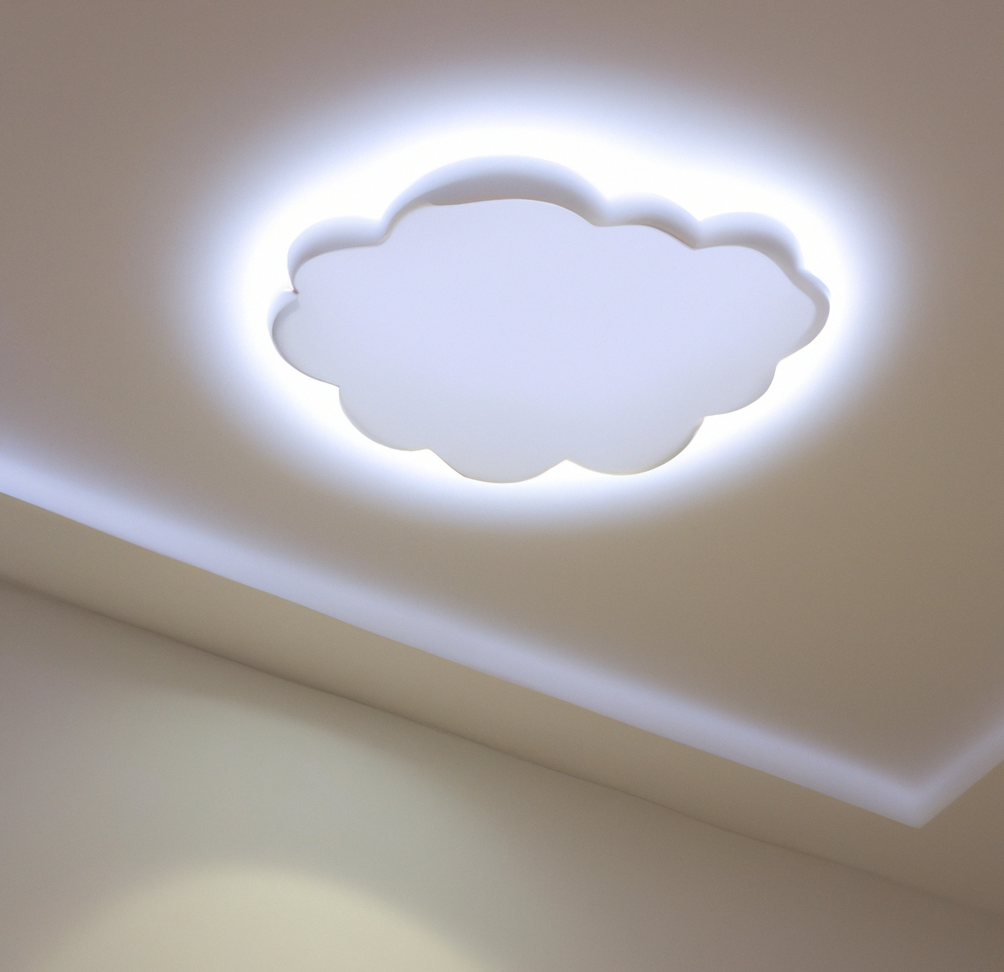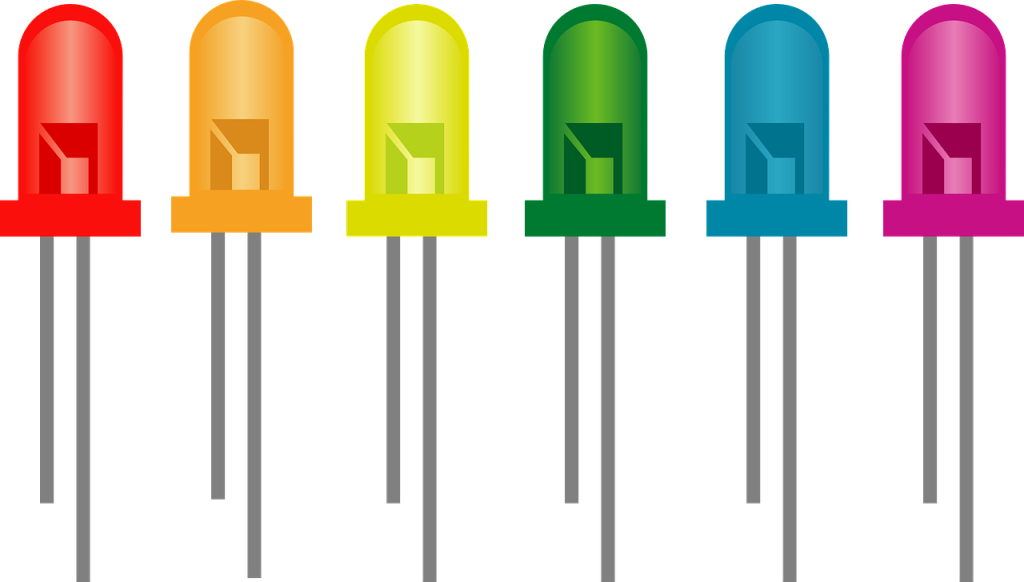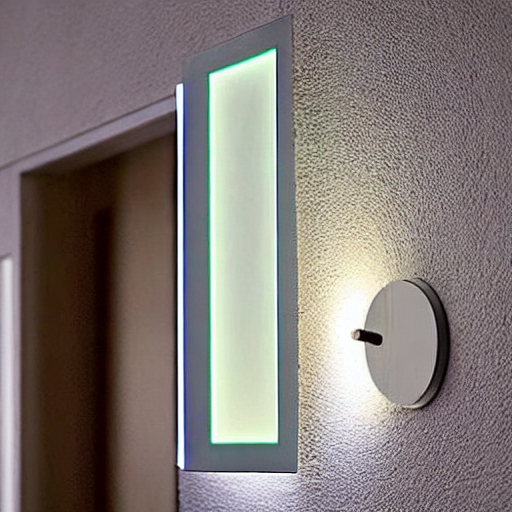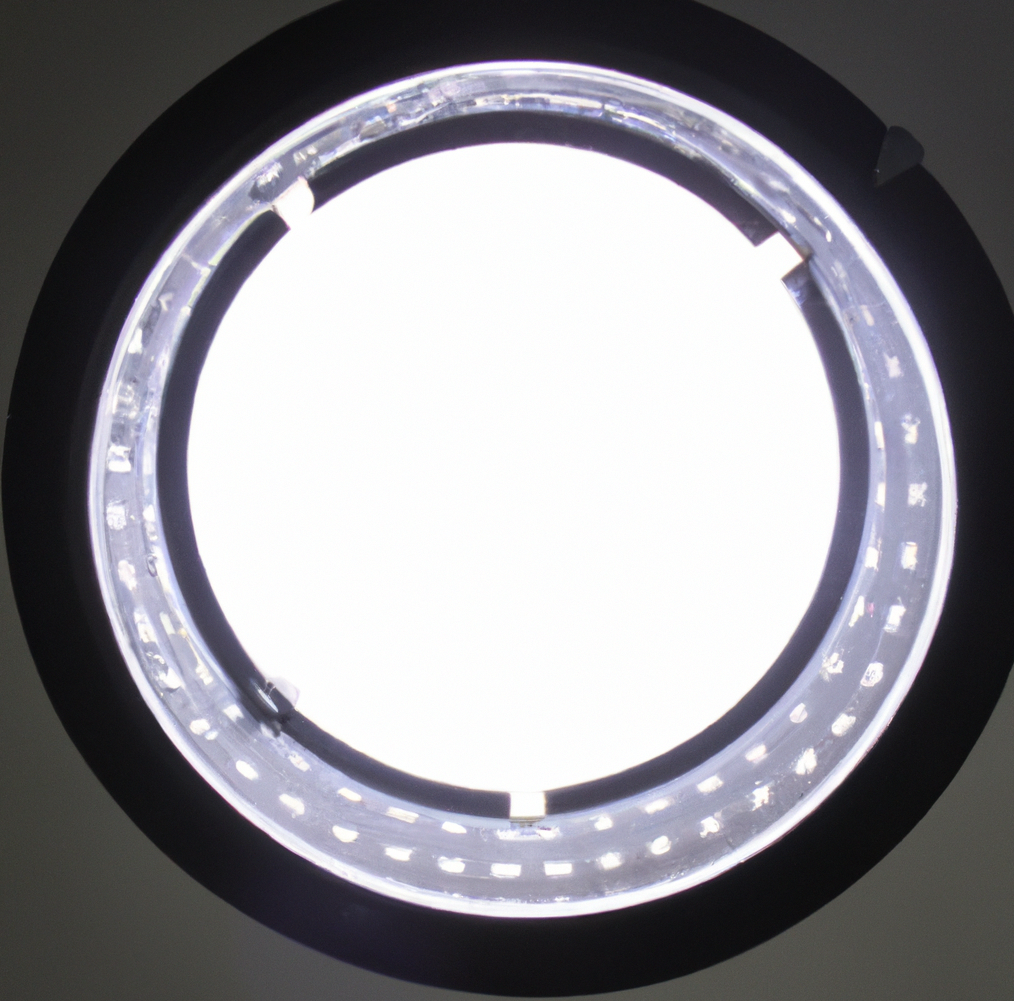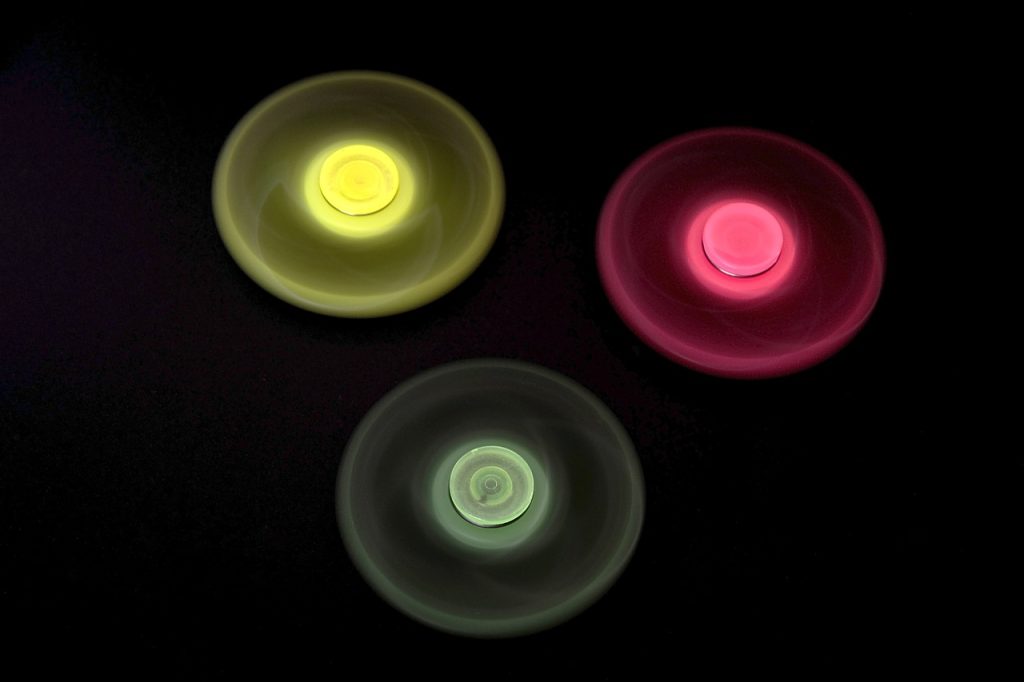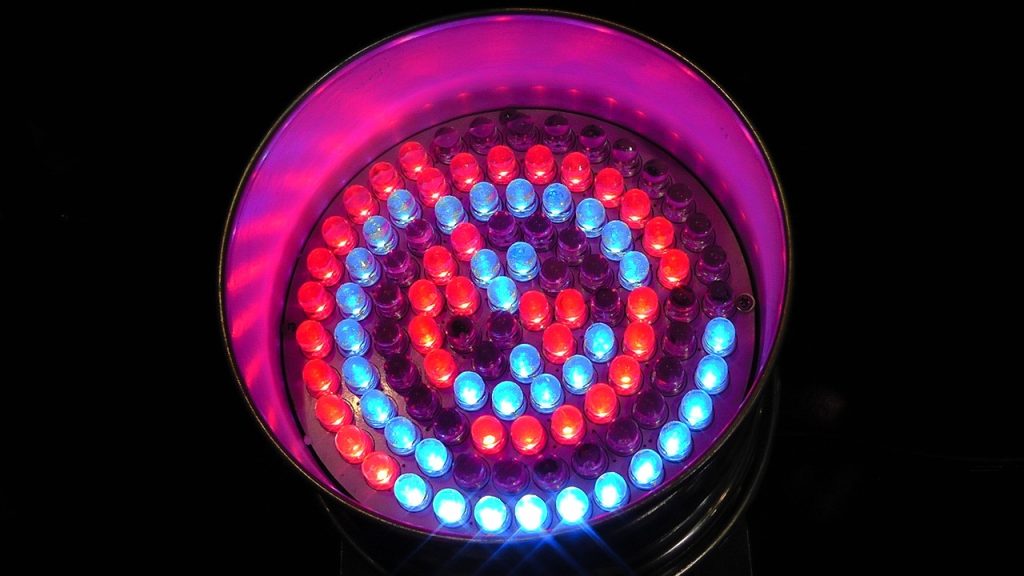- CFL Lights or LEDS?
- Key Takeaways
- CFL Bulbs and Their Pros and Cons
- Embracing Candlelight: A Traditional Alternative to LED Lighting
- Harnessing Natural Light: The Sun as a Substitute for LED Lighting
- Illuminating the Night: Exploring the Moon as a Lighting Source
- Environmental Considerations: Comparing CFL Bulbs, Candlelight, Sun, and Moon
- Creating the Perfect Atmosphere: Lighting Alternatives to LED
- Making Informed Choices: Evaluating the Benefits and Drawbacks of CFL Bulbs, Candlelight, Sun, and Moon
- Frequently Asked Questions
- How Do CFL Bulbs Compare to LED Lighting in Terms of Energy Efficiency?
- Are There Any Health Risks Associated With Using Candlelight as a Lighting Source?
- Can the Sun Be Relied Upon as the Sole Lighting Source in All Geographic Locations?
- What Are the Environmental Impacts of Using CFL Bulbs, Candlelight, Sun, and Moon as Lighting Alternatives?
- How Do CFL Bulbs, Candlelight, Sun, and Moon Differ in Terms of Their Ability to Create a Specific Ambiance or Atmosphere?
Many people underestimate the impact of indoor lighting on their health and well-being. However, the truth is that the type of light we are exposed to can have a profound effect on how we feel and function. Some may argue that artificial light is just as good as natural light, but this couldn’t be further from the truth.
In fact, the lack of natural light can contribute to health problems, while the right kind of light can enhance our overall well-being. So, what exactly is the importance of natural light for our health and well-being? Let’s dive in and find out.
Key Takeaways
- Lack of natural light contributes to health problems
- Indoor lighting can improve well-being and health
- Blue light from screens and electronics can be harmful, especially at night
- Incandescent and halogen bulbs mimic natural sunlight and do not emit disruptive blue light
Lack of Natural Light and Health Problems
Lack of natural light contributes to health problems, such as decreased mood and disrupted sleep patterns. The impact of natural light on sleep quality is significant. Exposure to natural light during the day helps regulate our internal body clock, also known as the circadian rhythm. It signals to our bodies that it is daytime, promoting wakefulness and alertness.
When we do not get enough natural light, especially in the morning, our sleep-wake cycle can be disrupted. This can lead to difficulty falling asleep at night and feeling groggy during the day.
Furthermore, natural light has numerous benefits for mental health. It has been shown to improve mood, reduce symptoms of depression, and increase feelings of well-being. Sunlight exposure also stimulates the production of serotonin, a neurotransmitter that plays a role in mood regulation.
Impact of Indoor Lighting on Well-Being
Properly illuminated spaces positively influence our overall state of mind and mood. Natural light has been shown to have a range of positive effects on mental health. Here are three key benefits of well-lit spaces:
- Improved mood: Exposure to natural light has been linked to increased serotonin levels, which can enhance mood and reduce symptoms of depression. Natural light also helps regulate our circadian rhythm, promoting better sleep and overall well-being.
- Enhanced productivity: Well-lit spaces have been found to improve cognitive function, focus, and productivity. Natural light stimulates alertness and can help individuals stay more engaged and energized throughout the day.
- Better performance: Studies have shown that access to natural light in workplaces and educational settings can lead to higher performance levels. Natural light contributes to better concentration, creativity, and overall job satisfaction.
Incorporating natural light into our indoor environments can have significant positive impacts on our mental health and overall well-being. It’s essential to prioritize well-lit spaces to reap the benefits of natural light for improved productivity and enhanced mood.
The Role of Blue Light in Our Biological Processes
Blue light plays a crucial role in regulating our circadian rhythm and impacting our biological processes. While natural blue light from the sun during the day is necessary for good health, artificial blue light from screens and electronics can have negative effects, especially at night.
The impact of blue light on sleep quality is significant. Exposure to blue light in the evening can suppress the production of melatonin, a hormone that helps regulate sleep. This can lead to difficulty falling asleep and disrupted sleep patterns.
Additionally, the effects of blue light on eye health are a growing concern. Prolonged exposure to blue light can cause digital eye strain, dry eyes, and even contribute to the development of age-related macular degeneration.
It is important to limit exposure to blue light, especially in the evening, to promote better sleep quality and protect eye health.
Understanding the Effects of Artificial Blue Light
Artificial blue light emitted from screens and electronics can disrupt sleep patterns and negatively impact eye health. The effects of artificial blue light on sleep patterns and melatonin production are significant. Exposure to blue light, especially at night, can interfere with the body’s natural sleep-wake cycle, making it difficult to fall asleep and stay asleep. This is because blue light suppresses the production of melatonin, a hormone that regulates sleep.
Additionally, prolonged exposure to blue light can lead to eye strain, dryness, and fatigue, causing discomfort and potentially long-term damage to the eyes.
Understanding the impact of blue light exposure on eye health is crucial. Research suggests that excessive exposure to blue light may contribute to the development of age-related macular degeneration, a leading cause of vision loss. It can also increase the risk of digital eye strain, which includes symptoms like blurred vision, headaches, and neck and shoulder pain.
To mitigate the negative effects of artificial blue light, individuals can take several measures. Limiting screen time before bed, using blue light filters or screen protectors, and ensuring proper lighting conditions in the environment can help minimize the impact on sleep patterns and eye health. Additionally, practicing good eye hygiene, such as taking regular breaks from screens and maintaining proper distance and posture, can promote overall eye wellness.
Healthiest Options for Light Bulbs
Incandescent and halogen bulbs are recognized as the healthiest options for light bulbs. They produce a warm, natural light that closely resembles sunlight. This type of lighting is beneficial for our well-being and overall health.
However, when it comes to energy efficiency, LED lighting takes the lead. LED bulbs use significantly less energy compared to incandescent and halogen bulbs, making them a more environmentally friendly choice. Additionally, LED bulbs have a longer lifespan, reducing the need for frequent replacements.
While LED bulbs may not provide the same warm ambiance as incandescent and halogen bulbs, they offer other benefits such as cost savings and reduced carbon footprint.
It is important to consider both the health benefits and energy efficiency when choosing the right light bulbs for your home or workspace.
Benefits of Incandescent and Halogen Bulbs
Using incandescent or halogen bulbs can significantly improve the quality of lighting in indoor spaces. These bulbs have several advantages over other options.
Advantages:
- Incandescent and halogen bulbs produce the purest form of artificial lighting.
- They mimic natural sunlight, which is recognized by our bodies as natural light.
- These bulbs do not emit blue light that can disrupt sleep.
Drawbacks:
- Incandescent bulbs are not energy-efficient and have a shorter lifespan compared to LED bulbs.
- Halogen bulbs can get hot and may pose a fire risk if not handled properly.
- Both types of bulbs can be more expensive to operate in the long run due to their higher energy consumption.
Despite these drawbacks, incandescent and halogen bulbs are recommended for their ability to improve well-being, support eye health, and create a more natural and comfortable indoor lighting environment.
Choosing Natural Light Bulbs for Improved Well-Being
Opting for bulbs that replicate the sun’s rays can have a positive impact on one’s overall mood and productivity.
When it comes to choosing natural light bulbs for improved well-being, there are a few options to consider. Energy efficient lighting options, such as LED bulbs, are a great choice as they consume less electricity and have a longer lifespan.
Creating a natural light environment at home can be achieved by using these bulbs in areas where you spend a lot of time, such as the living room or home office.
Frequently Asked Questions
How Does the Lack of Natural Light Contribute to Specific Health Problems?
The lack of natural light can have several consequences on physical health. It can disrupt our circadian rhythm, leading to sleep disorders and mood imbalances. It can also contribute to vitamin D deficiency and weaken the immune system.
Can Indoor Lighting Improve Mental Health and Well-Being?
Indoor lighting, such as natural light bulbs, can improve mental health and well-being. Lighting therapy is a beneficial approach that harnesses the benefits of indoor lighting to enhance mood, creativity, and overall well-being.
What Are the Different Types of Light Bulbs and How Do They Affect Our Vision and Mood?
Different types of light bulbs, such as incandescent and halogen bulbs, can impact mood and productivity. Incandescent bulbs mimic natural sunlight and improve well-being, while full spectrum daylight bulbs stimulate alertness.
How Does Artificial Blue Light From Screens and Electronics Affect Our Sleep Patterns?
Artificial blue light from screens and electronics disrupts sleep patterns and affects the circadian rhythm. It stimulates the body, making it difficult to wind down at night. Limiting exposure to blue light before bed is important for better sleep.
Are There Any Alternative Light Bulbs That Are Both Healthy for Our Eyes and Support Our Overall Well-Being?
There are alternative light bulbs that are healthy for the eyes and support overall well-being. Natural light bulbs, like incandescent and halogen bulbs, can improve eye health and enhance mood without disrupting sleep patterns.

